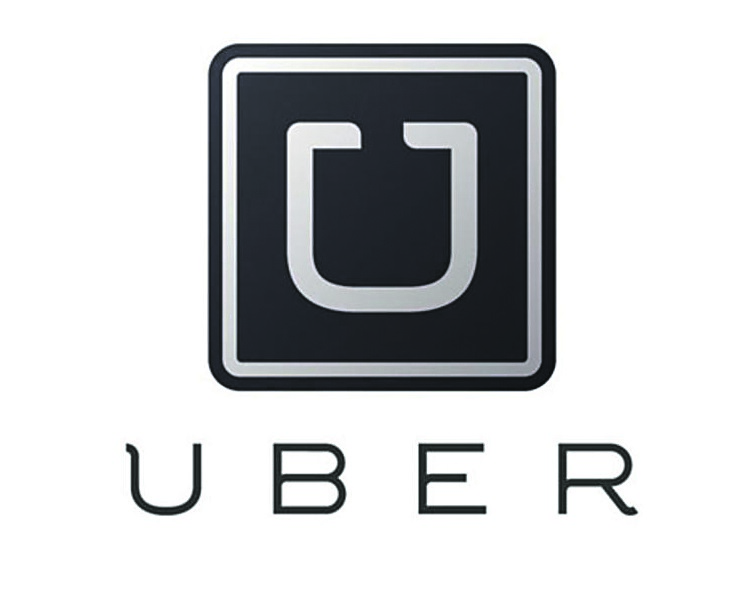
"Can you believe the price of these (insert vegetable of preference here)?” This is an increasingly frequent conversation I’m having with strangers at my supermarket. Times are tough for everyone.
If it’s not the drought-induced food prices or the weak rand affecting imported goods, it’s the 9.4% electricity tariff hike.
The hourglass economy is a harsh reality: the rich are getting exponentially wealthier, the poor are becoming more destitute and the middle classes are being squeezed for every last cent.
A 2016 Oxfam report revealed that just 62 of the world’s billionaires now have a combined wealth equal to the bottom 50% of the human race.
Desperate times call for desperate measures, and the generation of additional income streams is coming from an unlikely source – the sharing economy and the increasingly popular gig economy.
The sharing economy is a fast-evolving economic model in which people borrow or rent goods owned by someone else, or hire talent and services on a freelance basis. It is a peer-to-peer model that is most likely to be used when a particular asset – such as a car or house – is in demand and the asset is not used all the time.
Items such as lawnmowers and drills, which are also used infrequently, are also popular. It is dawning on many people that you don’t have to own something to be able to get some use out of it. The mind-set of “transient ownership” is taking hold.
The gig economy refers to outsourcing and hiring someone’s services on a temporary or freelance basis, hence the word ‘gig’.
The Economist has estimated that, by 2025, as much as 70% of the world’s workforce might be “on demand” as computer automation takes over many full-time jobs, forcing workers to become independent contractors or to simply be available to “fill in the gaps” that computers can’t.
Both the sharing and gig economies emerged from the Great Recession after 2009, and were enabled by digitisation and new technologies. Many people had lost their jobs and needed to find alternative means of income and, in tandem, communities started collaborating and sharing their resources.
Since then, these concepts have evolved rapidly and are especially popular with millennials, for whom the concept of transient ownership and working more independently and fluidly are completely natural.
Two of the most common case studies for the sharing economy are Airbnb and Uber, both of which have disrupted the hospitality and transport industries, respectively.
In the case of Airbnb (a website that enables you to rent out anything from a spare room to a holiday home), property owners who own a second property are now viewing this short-term rental option as more lucrative than a traditional long lease. In some cases, people are starting to buy a second property, specifically to “Airbnb it out” as a supplementary revenue stream.
In San Francisco, where Airbnb began, this trend became so popular that entire neighbourhoods started to become “transient neighbourhoods” as more and more homeowners rented out their homes to travellers and tourists.
This led to a housing referendum, where the movement opposing Airbnb (Measure F) tried to cap the number of days that property owners could rent out their homes to 75 days per year. Airbnb eventually won the referendum, with many of the owners arguing that it was their right to earn additional income.
Similarly, Uber has come up against a wave of opposition from traditional taxi associations globally, but more people are not only using the service but are joining it as gig workers or, as Uber calls them, “partner drivers”.
One of my Uber drivers explained how he drove full-time for Uber while his wife used their second car to drive to work and back. However, they realised that his wife’s car was just sitting in a parking lot for eight hours every day. This, he said, did not maximise the use of their asset, so they added their second car to the Uber pool, giving the family an additional revenue stream. Now his wife simply “Ubers” to work and back.
The average car is only used for 4% of the day, usually by one person, which equates to a 1% utilisation of the second most expensive household asset, so this driver’s decision made complete sense.
However, it’s not just large assets that are being used in the gig economy – if you have time on your hands and are willing to take on small tasks and jobs, new gig-economy platforms such as TaskMonkey and Fiverr will match the time rich with the time poor and outsource myriad tasks and odd jobs.
Even online giant Amazon is using the gig economy in its new Flex programme, paying people with spare time to deliver packages in their area.
Are you ready to join the gig economy? The rising cost of living might just make you seriously consider taking the leap.
Chang is the founder of Flux Trends. For more trends, visit fluxtrends.com.




 Publications
Publications
 Partners
Partners








